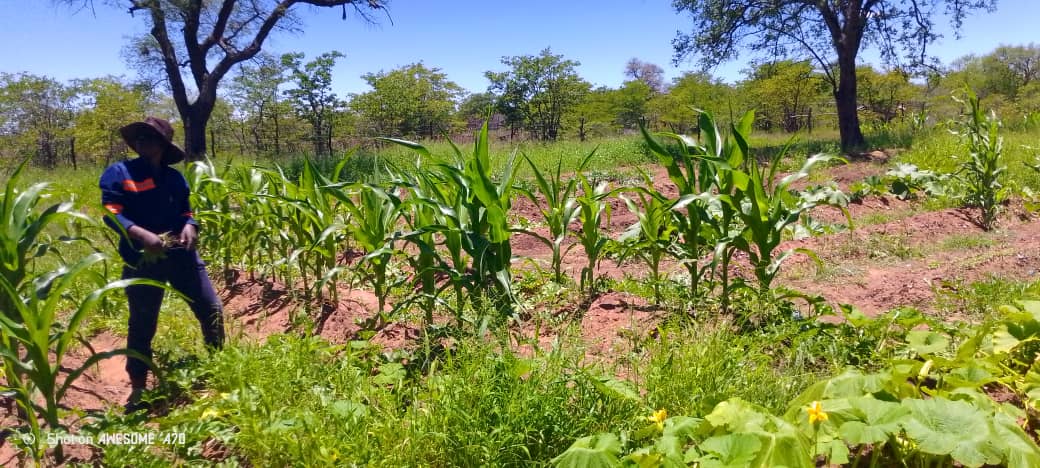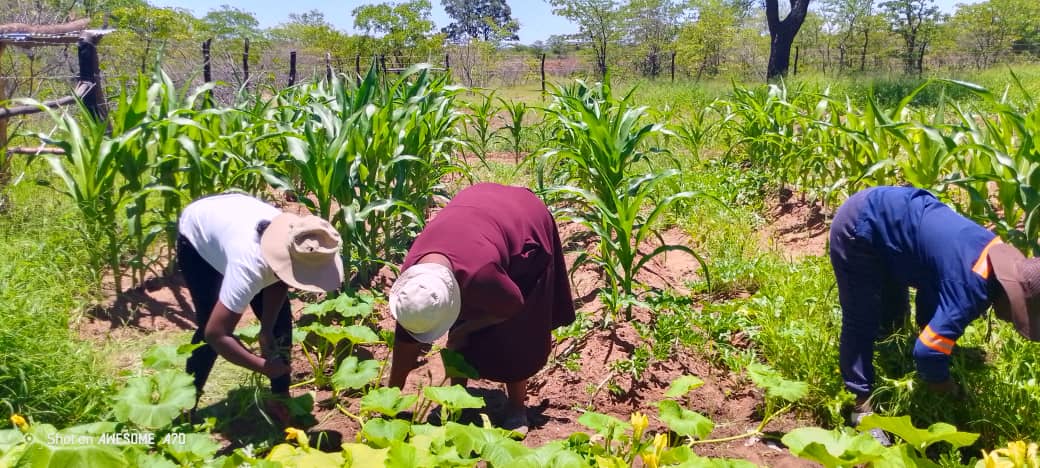Climate Action

Climate change significantly affects agriculture through shifts in temperature, rainfall patterns, and the increased frequency of extreme weather events. These changes threaten crop yields, disrupt planting and harvesting seasons, and intensify pest and disease outbreaks. For smallholder farmers, particularly in arid and semi-arid regions like Botswana, the impacts are severe, exacerbating food insecurity and economic instability.Women farmers, who constitute a large proportion of agricultural labor, face additional challenges due to limited access to resources and decision-making power.
ResClime's Approach to Addressing Climate Change Challenges
ResClime is dedicated to empowering smallholder farmers, especially women, to adapt to the challenges of climate change through sustainable agriculture and innovative green technologies. Our approach includes:
1. Permaculture Training: Teaching farmers sustainable techniques to restore soil health, conserve water, and improve crop resilience.
2. Climate-Resilient Farming Practices: Promoting drought-resistant crops, agroforestry, and integrated pest management.
3. Technology Adoption: Introducing affordable and scalable green technologies for irrigation, energy use, and waste management.
4. Capacity Building: Offering practical training programs for farmers, with a focus on women, to enhance their technical skills and knowledge.
5. Collaboration: Working with local and international organizations to strengthen grassroots climate justice movements.
Practical Advice for Farmers
To adapt to climate change and practice sustainable agriculture, farmers can:
1. Conserve Water: Use drip irrigation, rainwater harvesting, and mulching to retain soil moisture.
2. Diversify Crops: Plant a mix of crops, including drought-tolerant and indigenous varieties, to reduce risk.
3. Soil Health: Practice crop rotation, composting, and reduced tillage to maintain soil fertility and structure.
4. Agroforestry: Integrate trees and shrubs into farming systems to improve soil health, provide shade, and mitigate wind damage.
5. Integrated Pest Management: Use natural predators, crop rotation, and organic methods to control pests sustainably.
6. Community Collaboration: Share resources, knowledge, and tools within farming cooperatives for mutual support.
Resources on Climate Justice for Women and Smallholder Farmers
1. ResClime Training Programs: Tailored workshops for women farmers on sustainable agriculture and climate adaptation.
2. Africa Climate Justice Movement: A platform supporting grassroots women’s organizations with advocacy, capacity building, and transparency resources.
3. International Organizations:
ActionAid: Focuses on climate justice and gender equality.
Oxfam: Provides resources on sustainable livelihoods and women’s empowerment in agriculture.
4. Online Resources:
CGIAR: Offers research and tools on climate-smart agriculture.
FAO (Food and Agriculture Organization): Guides on sustainable farming practices and gender-inclusive approaches.
5. Funding Opportunities:
Green Climate Fund: Supports projects addressing climate challenges.
UN Women: Provides grants for women-focused climate initiatives.
Through education, resource sharing, and collective action, ResClime aims to equip smallholder farmers with the tools they need to thrive in a changing climate while advocating for a just and equitable future.


